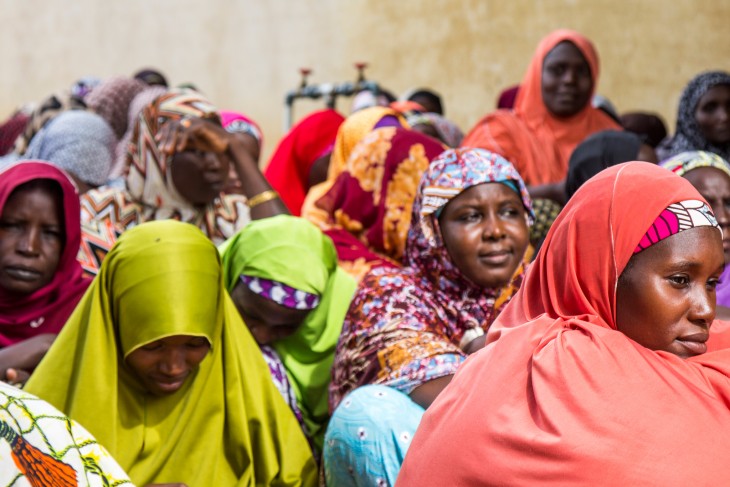The “Voice of Widows – Turning Sorrows Into Strength” initiative, launched by BAB Group of Companies and spread through the 28COE Ecosystem, is a transformative program aimed at empowering widows, particularly those in Jammu & Kashmir. This initiative emerged from discussions between Dr. Bilal Ahmad Bhat, Founder of 28 Credentials of Entrepreneur, and Syed Basharat […]
Uplifting Widows: The Resilient Voices of Change
Introduction: In the journey of life, we often encounter challenges that test our resilience and strength. For widows, the loss of a partner brings forth a unique set of difficulties, ranging from emotional upheaval to financial instability. However, amidst these trials, widows around the world are rising, empowered by their own resilience and the support […]
The Unspoken Truth: Why Widows Often Choose Not to Remarry
In a world where love stories are celebrated and fairy tales promise happily ever afters, there exists a silent reality that many are hesitant to acknowledge: the choice of widows not to remarry. It’s a topic often veiled in societal assumptions and misconceptions. But behind closed doors and within the heart of every widow lies […]
Finding Hope in the Company of Others: The Voice of Widows
In the quiet corners of our lives, there exists a unique kind of strength that emerges from the depths of loss. It’s a strength born not from the absence of pain but from the courage to confront it, to navigate through the labyrinth of grief, and to emerge, albeit scarred, on the other side. Widows […]
Life After Loss: A Journey of Healing and Support for Widows
Losing a spouse is one of life’s most challenging experiences, and navigating the journey of grief and healing can be overwhelming. For many widows, finding a supportive community and resources to help cope with the loss and rebuild their lives is essential. Dr. Bilal Ahmad Bhat, a compassionate advocate for widows’ rights and well-being, has […]





